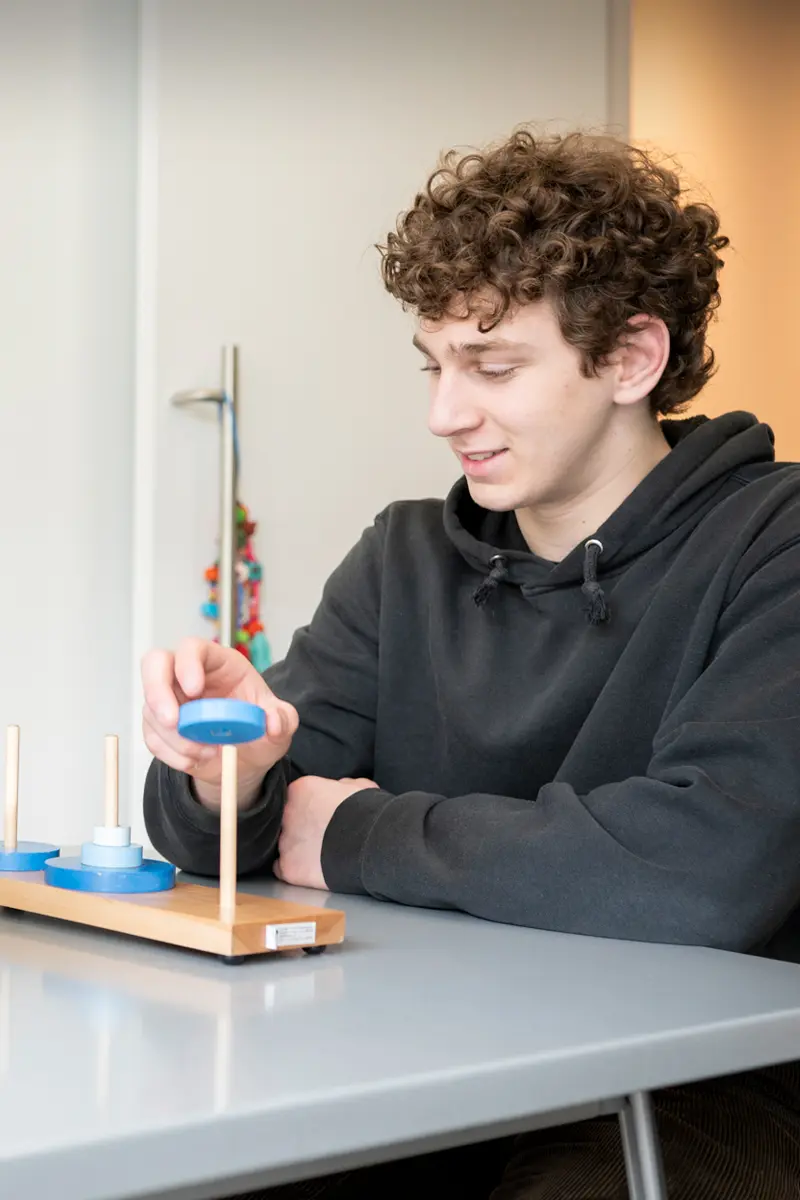ADHD is a frequently misunderstood condition, and misconceptions about it can make it harder to recognize and understand. From the name itself to how it presents in everyday life, there are many myths that obscure the true nature of ADHD.
The term ADHD itself is a misnomer
The name Attention Deficit Hyperactivity Disorder doesn’t accurately reflect the condition. ADHD is about much more than attention or hyperactivity.
ADHD isn’t a deficit in attention
ADHD isn’t about a lack of attention, it’s about difficulty regulating it. Individuals with ADHD may hyperfocus on tasks they enjoy but struggle to stay engaged with less interesting or routine activities. This isn’t about effort or capability but reflects how the brain prioritizes and shifts attention.
ADHD doesn’t always include hyperactivity
Many individuals with ADHD don’t exhibit obvious hyperactivity. As kids age, hyperactivity may shift from external behaviours, like constant movement, to internal restlessness, which can still significantly impact their ability to regulate their bodies and feelings.
ADHD isn’t just about attention and hyperactivity
ADHD affects much more than focus and activity levels. It can also challenge emotional regulation, time management, memory, task prioritization, and impulse control, influencing nearly every aspect of daily life, from relationships to academics and work.
Who ADHD affects
ADHD only affects kids
ADHD is a lifelong condition. While it may be diagnosed in childhood, many adults continue to face challenges in work, relationships, and daily responsibilities.
ADHD only affects boys
ADHD affects all genders. Girls and women are often underdiagnosed because their symptoms may be less visible or masked by compensatory strategies.
ADHD behaviours and effort
ADHD is just an excuse for being lazy
People with ADHD often work harder than others to complete tasks due to executive functioning challenges. Struggling with task initiation or completion is a neurological issue, not a lack of willpower.
People with ADHD just need to try harder
ADHD isn’t about effort or willpower—it’s about brain functioning. Specific strategies, support systems, and sometimes medication are necessary to manage its challenges.
Everyone has trouble focusing sometimes, so ADHD isn’t a real condition
While distraction is normal occasionally, ADHD involves persistent, pervasive challenges with focus, impulsivity, and/or hyperactivity that significantly disrupt daily functioning.
Success and ADHD
ADHD means you can’t succeed academically or professionally
Many individuals with ADHD are highly creative, resourceful, and successful. With the right support, they can thrive in academics, careers, and relationships.
ADHD only affects boys
ADHD affects all genders. Girls and women are often underdiagnosed because their symptoms may be less visible or masked by compensatory strategies.










